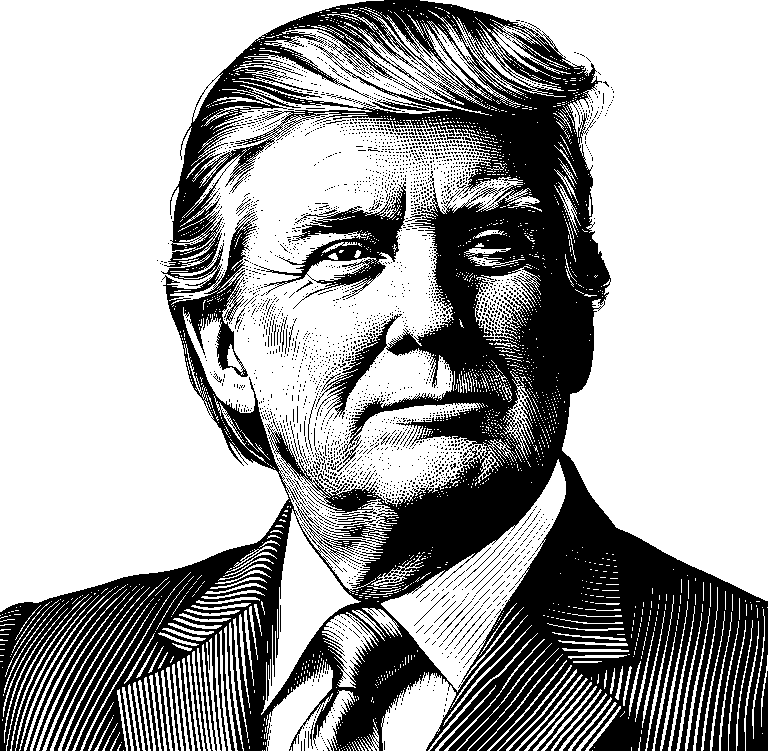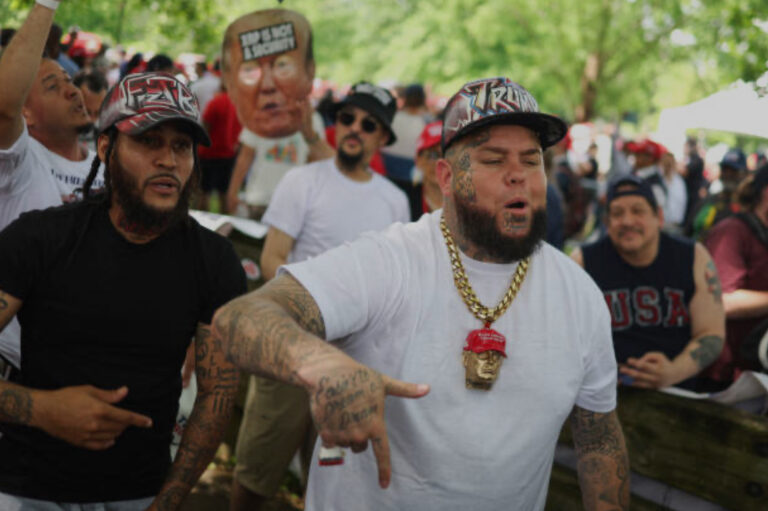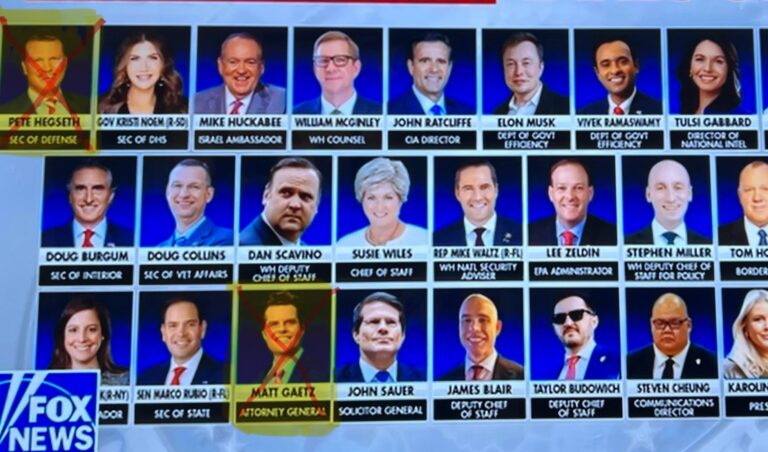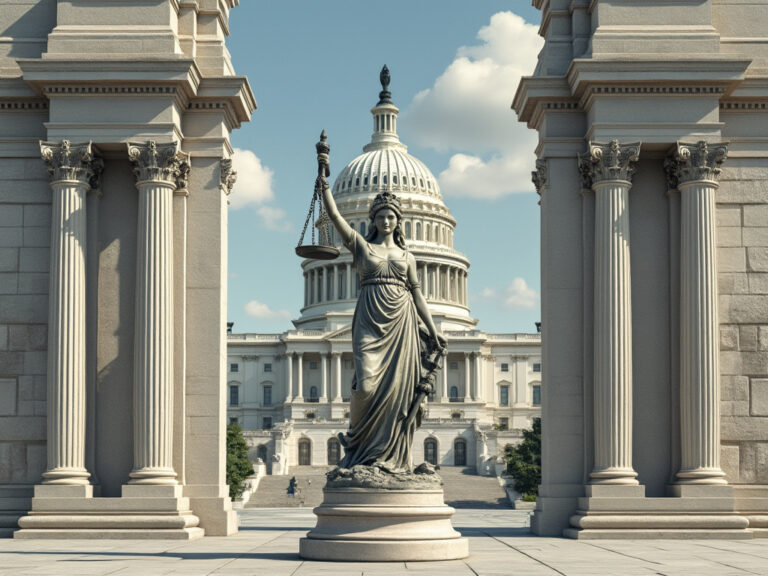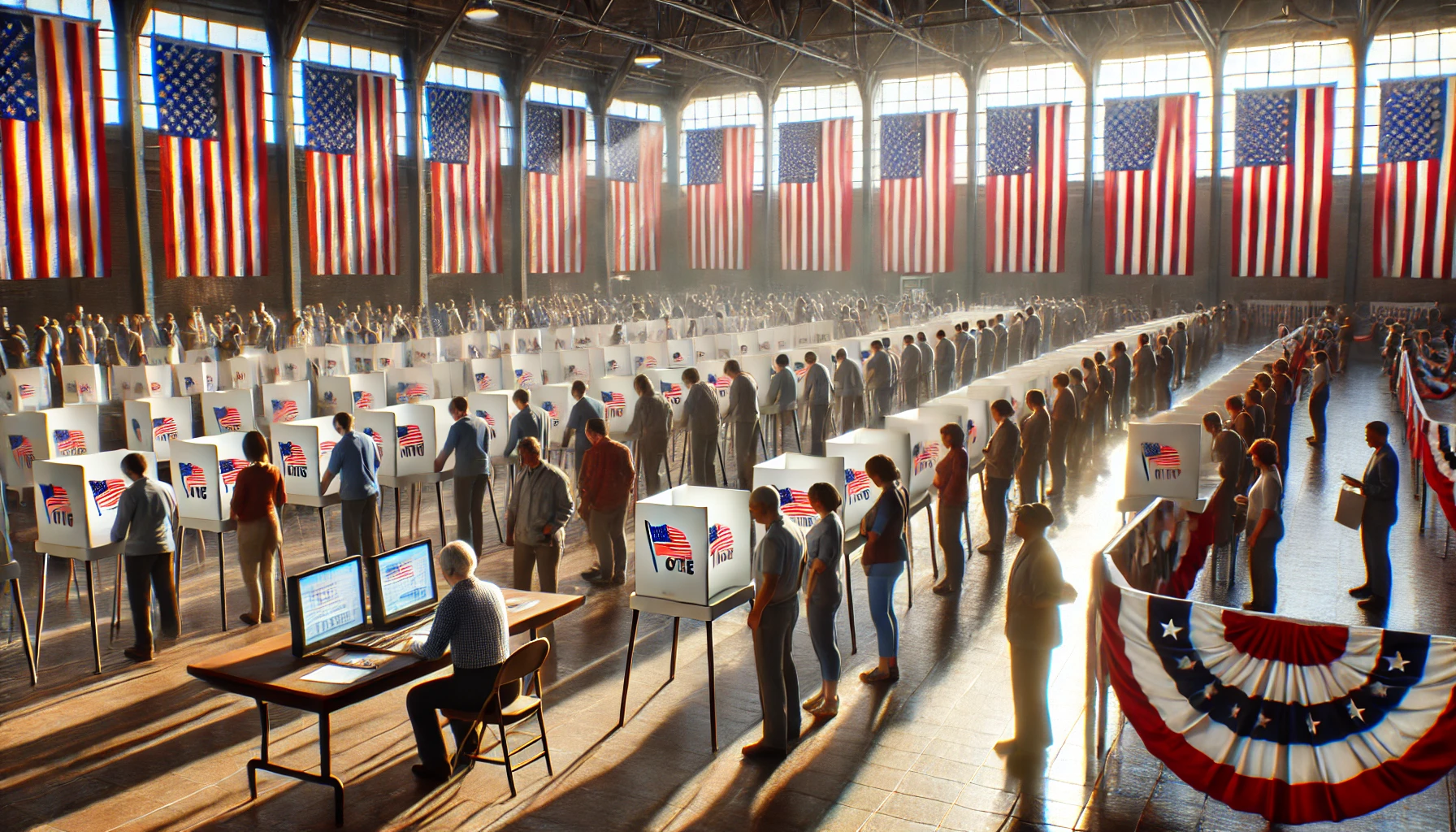
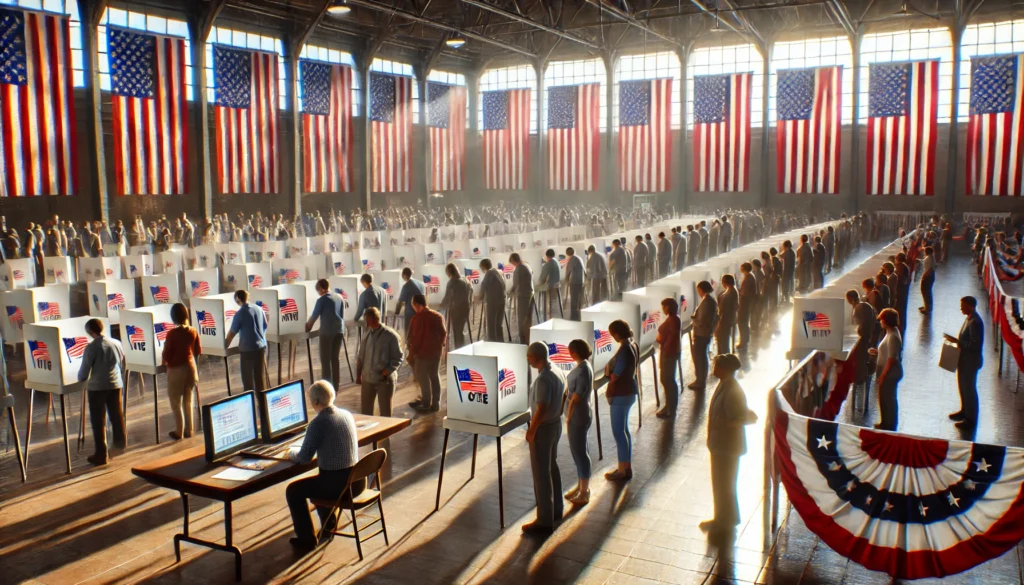
Every four years, citizens of the United States of America are given the opportunity to shape the future of their country through the presidential election. However, a significant portion of the population often chooses not to participate in this vital process. By foregoing the exercise of voting, individuals relinquish more than just their vote—they surrender their voice in critical economic and social issues. This blog post explores the rights that go unexercised when one abstains from voting and the potential impact this decision can have on the economy.
The Unexercised Right to Influence Policy
When individuals choose not to vote, they forfeit their right to influence the policies and platforms of the candidates vying for office. Presidential candidates craft their agendas based on voter priorities and concerns. By not participating, non-voters miss the chance to advocate for policies that could address pressing economic issues such as unemployment, taxation, healthcare, and education. This lack of representation can result in policies that do not align with the needs or desires of the broader population, potentially stunting economic growth and innovation.
The Unexercised Right to Hold Leaders Accountable
Voting is a fundamental mechanism through which citizens hold their leaders accountable. By abstaining from the electoral process, individuals allow elected officials to operate without the check and balance of public opinion. This can lead to a lack of transparency and accountability, which may foster corruption or inefficiency in government operations. An unaccountable government may implement economic policies that benefit a select few, rather than promoting broad-based economic prosperity.
The Economic Impact of Low Voter Turnout
Low voter turnout can have significant repercussions on the economy. When large segments of the population do not vote, it can lead to a lack of diverse perspectives in economic decision-making. This homogeneity may result in policies that do not adequately address the multifaceted nature of economic challenges, such as income inequality, job creation, and sustainable growth. Moreover, low voter engagement can perpetuate cycles of disenfranchisement and economic disparity, as policymakers may prioritize the interests of active voting blocs over those who remain silent.
The Ripple Effect on Local Economies
Presidential elections have a trickle-down effect on local economies. The policies and leadership chosen at the national level can impact federal funding for state and local projects, including infrastructure, education, and public welfare. By not voting, individuals may inadvertently contribute to decisions that affect the allocation of resources in their communities. This can lead to uneven economic development and missed opportunities for local growth and prosperity.
The decision not to vote in a presidential election extends beyond the personal—it has far-reaching implications for the economy and society as a whole. By relinquishing the right to vote, individuals forgo their ability to influence policy, hold leaders accountable, and shape the economic future of their nation. As citizens, it is crucial to recognize the power of the ballot and the responsibility it carries. Participating in elections is not just a right—it is a vital duty that helps ensure a prosperous and equitable future for all.

